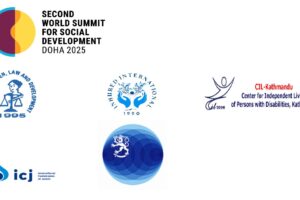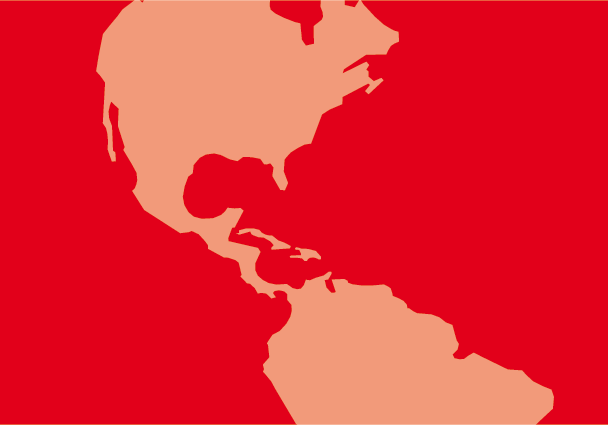
Sep 19, 2013
The ICJ today called on Canada to enact an effective legal framework for accountability of Canadian extractive industries and to reconsider its rejection of other UPR recommendations.
In an Interactive Dialogue on the adoption of the second cycle Universal Periodic Review of Canada (Item 6 of the Human Rights Council’s agenda), the ICJ reiterated its concern regarding the human rights impacts of Canadian business enterprises, in particular mining, gas and oil companies, in countries where they operate. It also called on Canada to reconsider its position not to accept UPR recommendations to become party to several key international human rights instruments.
The Interactive Dialogue took place during the 24th regular session of the Human Rights Council (9 to 27 September 2013).
Canada-HRC24-Item6-OralStatement-LegalSubmission-2013 (download full statement in PDF)
ICJ submission and advocacy on the Universal Periodic Review of Canada
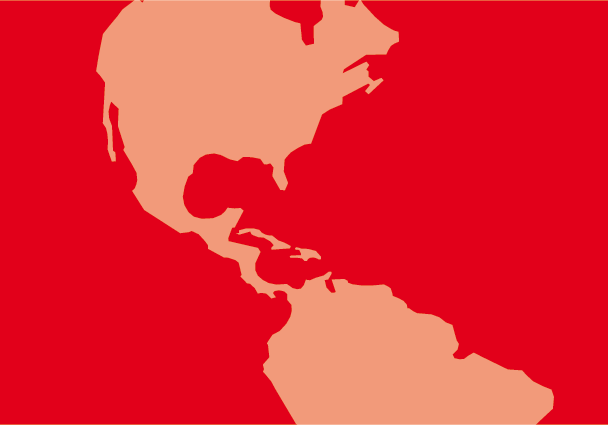
Sep 19, 2013
The ICJ today called on Colombia to ensure accountability at the national and international levels through effective implementation of UPR recommendations and by reconsidering its rejection of other UPR recommendations.
In an Interactive Dialogue on the adoption of the second cycle Universal Periodic Review of Colombia (Item 6 of the Human Rights Council’s agenda), the ICJ stressed the importance for Colombia to implement in an effective manner recommendations accepted by it and called on Colombia to reconsider its rejection of recommendations for the Government to ratify international human rights treaties key to ensuring accountability and access to justice.
The Interactive Dialogue took place during the 24th regular session of the Human Rights Council (9 to 27 September 2013).
Colombia-HRC24-Item6-OralStatement-LegalSubmission-2013 (download full statement in PDF)
ICJ submission and advocacy on the Universal Periodic Review of Colombia
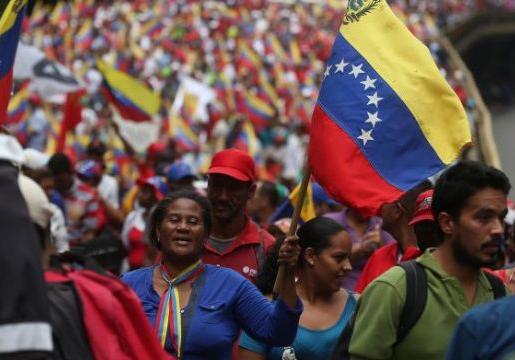
Sep 18, 2013
The ICJ today called on the UN Human Rights Council to urge Venezuela to withdraw charges brought against Judge Maria Lourdes Afiuni (photo) for the legitimate exercise of her professional functions.
In a General Debate under Item 5 (human rights bodies and mechanisms), the ICJ made reference to Judge Afiuni’s case as one profiled in the report of the UN Secretary-General on cooperation with the United Nations, its representatives and mechanisms in the field. Judge Afiuni was arrested in December 2009 for ordering the release on bail of Mr Eligio Cedeno, reportedly in part on the basis that his detention had been declared arbitrary by the UN Working Group on Arbitrary Detention.
The General Debate took place during the 24th regular session of the Human Rights Council (9 to 27 September 2013).
Venezuela-HRC24-Item5-OralStatement-Afiuni-LegalSubmission-2013 (download full statement, in English)
A-HRC-24-29 (download Secretary-General’s report, in English)
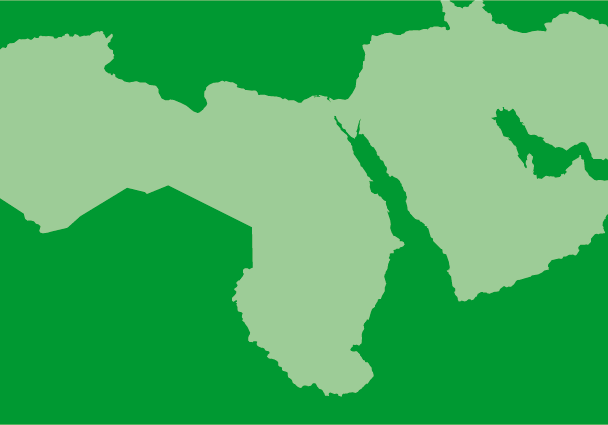
Sep 17, 2013
The ICJ today addressed the Human Rights Council on the grave situation for human rights and the rule of law in Egypt.
In a General Debate under Item 4 of the agenda of the Human Rights Council (human rights situations requiring the Council’s attention), the ICJ called on the Council to urge Egyptian authorities to:
- Immediately and unconditionally agree to receive a mission by the High Commissioner for Human Rights, and an ongoing presence in the country of an office of the OHCHR;
- Ensure a quick transition of power to a lawfully constituted civilian authority;
- Ensure prompt, independent and effective investigations into all alleged human rights violations, including the unlawful killing of protesters;
- Respect the right of detainees to a lawyer and to challenge the lawfulness of their detention; and
- Ensure that family members and legal counsel are notified of the detention of an individual, the place of detention, and the fate and whereabouts of hundreds of individuals reportedly missing.
The General Debate took place during the 24th regular session of the Council (9 to 27 September 2013).
Egypt-HRC24-Item4-OralStatement-LegalSubmission-2013 (download full statement in PDF)
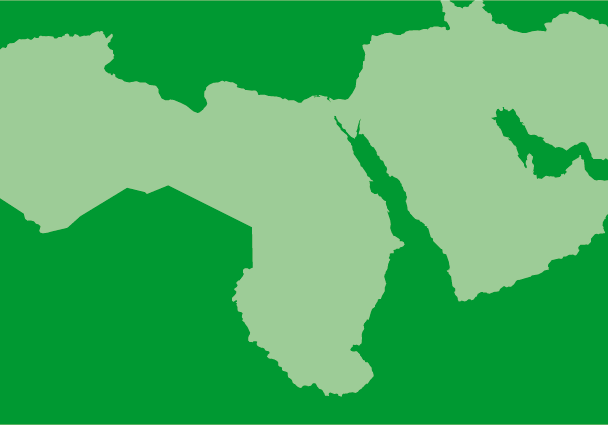
Sep 17, 2013
The ICJ today called on all States to bolster humanitarian relief efforts and extend the reach of such efforts inside Syria.
In an Interactive Dialogue with the Commission of Inquiry on the Syrian Arab Republic, the ICJ called on the Human Rights Council to continue to give attention to the situation in Syria, including by requesting the Security Council to urgently take effective measures aimed at the cessation of the large-scale loss of life in the country and to end the indiscriminate and disproportionate attacks on civilians and civilian objects, as well as any use of chemical weapons.
The Interactive Dialogue took place under Item 4 of the Human Rights Council’s agenda (human rights situations that require the Council’s attention) during the 24th regular session of the Council (9 to 27 September 2013).
Syria-HRC24-Item4-OralStatement-LegalSubmission-2013 (download full statement in PDF)






